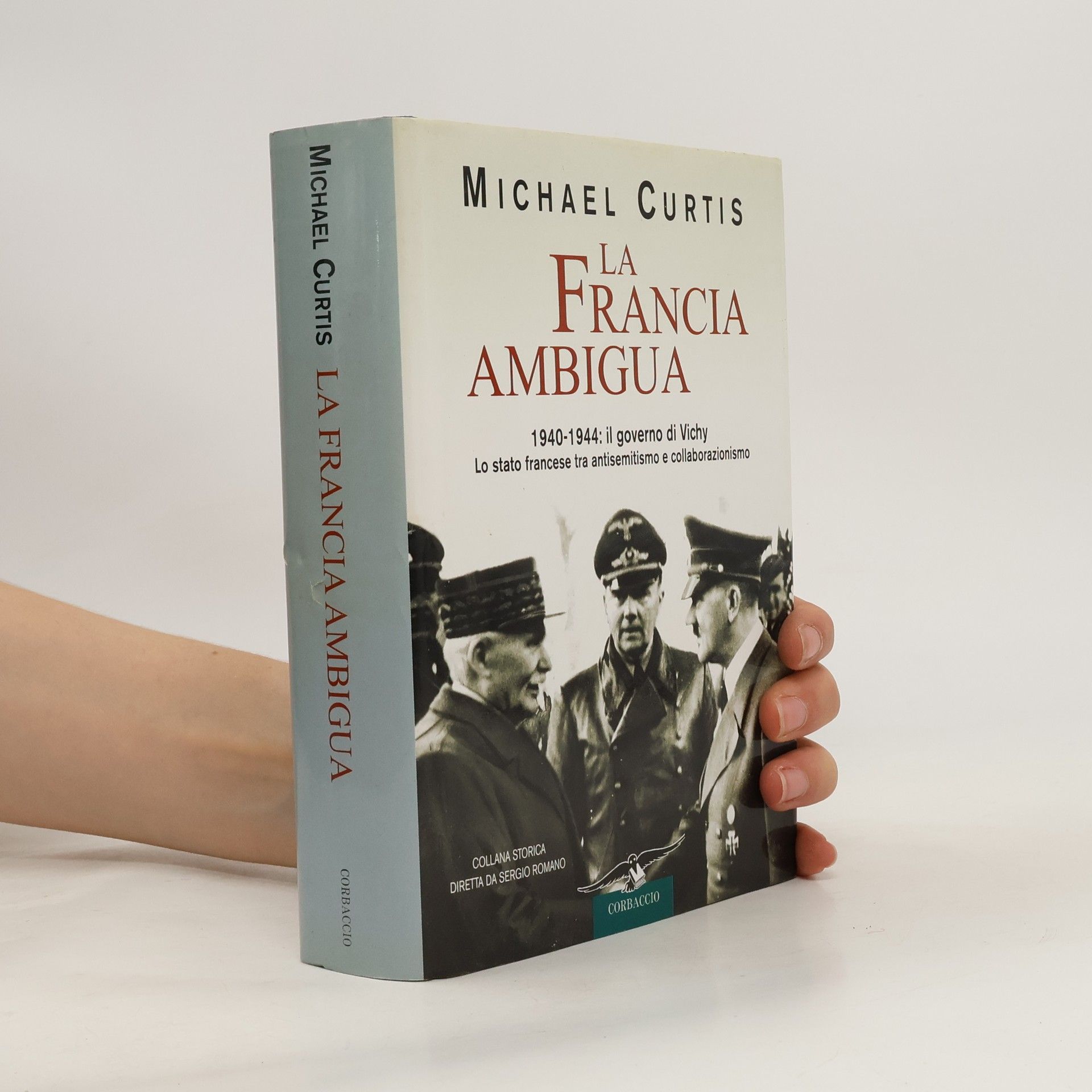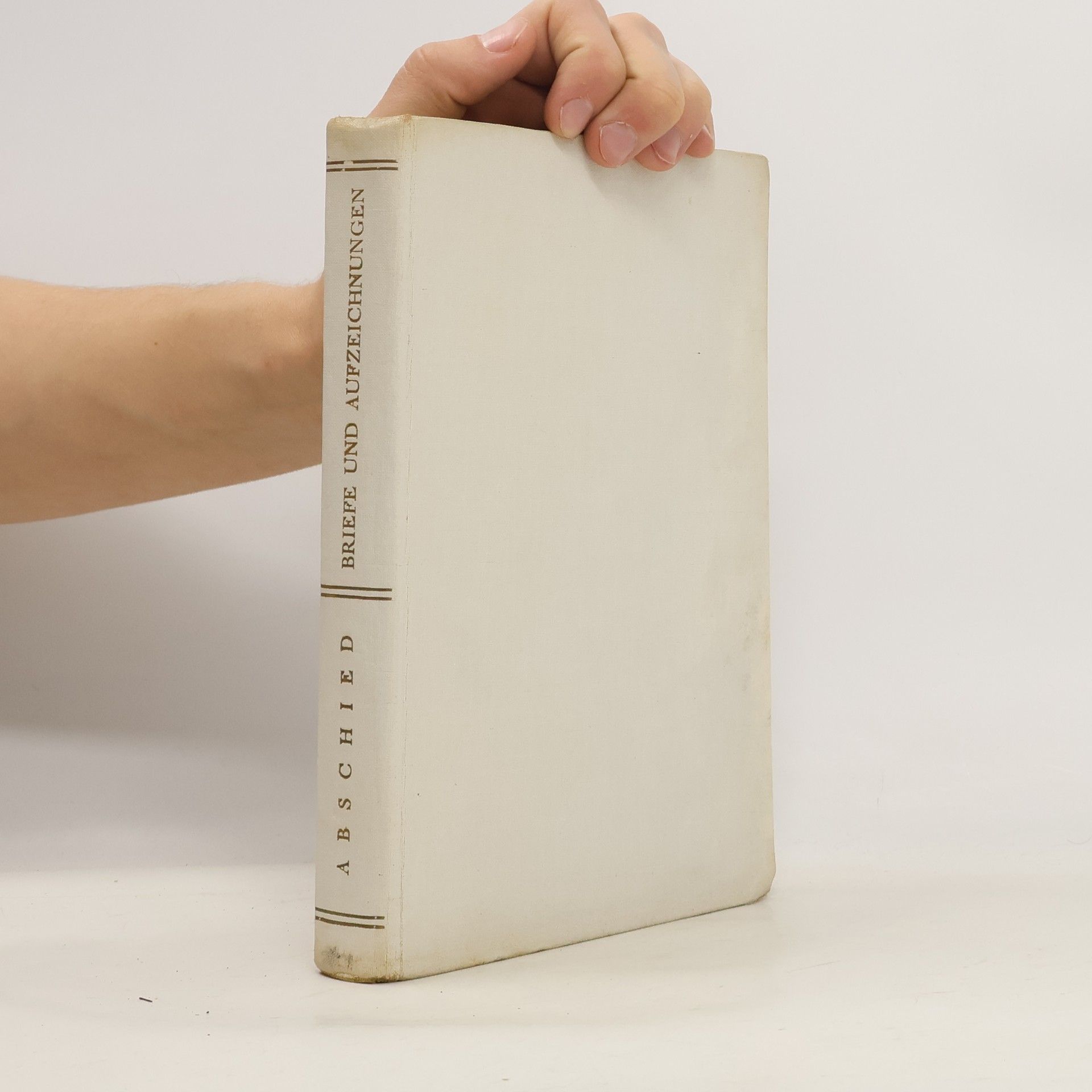Through an historical analysis of the theme of Oriental despotism, Michael Curtis reveals the complex positive and negative interaction between Europe and the Orient. The book also criticizes the misconception that the Orient was the constant victim of Western imperialism and the view that Westerners cannot comment objectively on Eastern and Muslim societies. The book views the European concept of Oriental despotism as based not on arbitrary prejudicial observation, but rather on perceptions of real processes and behavior in Eastern systems of government. Curtis considers how the concept developed and was expressed in the context of Western political thought and intellectual history, and of the changing realities in the Middle East and India. The book includes discussion of the observations of Western travelers in Muslim countries and analysis of the reflections of six major thinkers: Montesquieu, Edmund Burke, Tocqueville, James and John Stuart Mill, Karl Marx, and Max Weber.
Michael Curtis Books
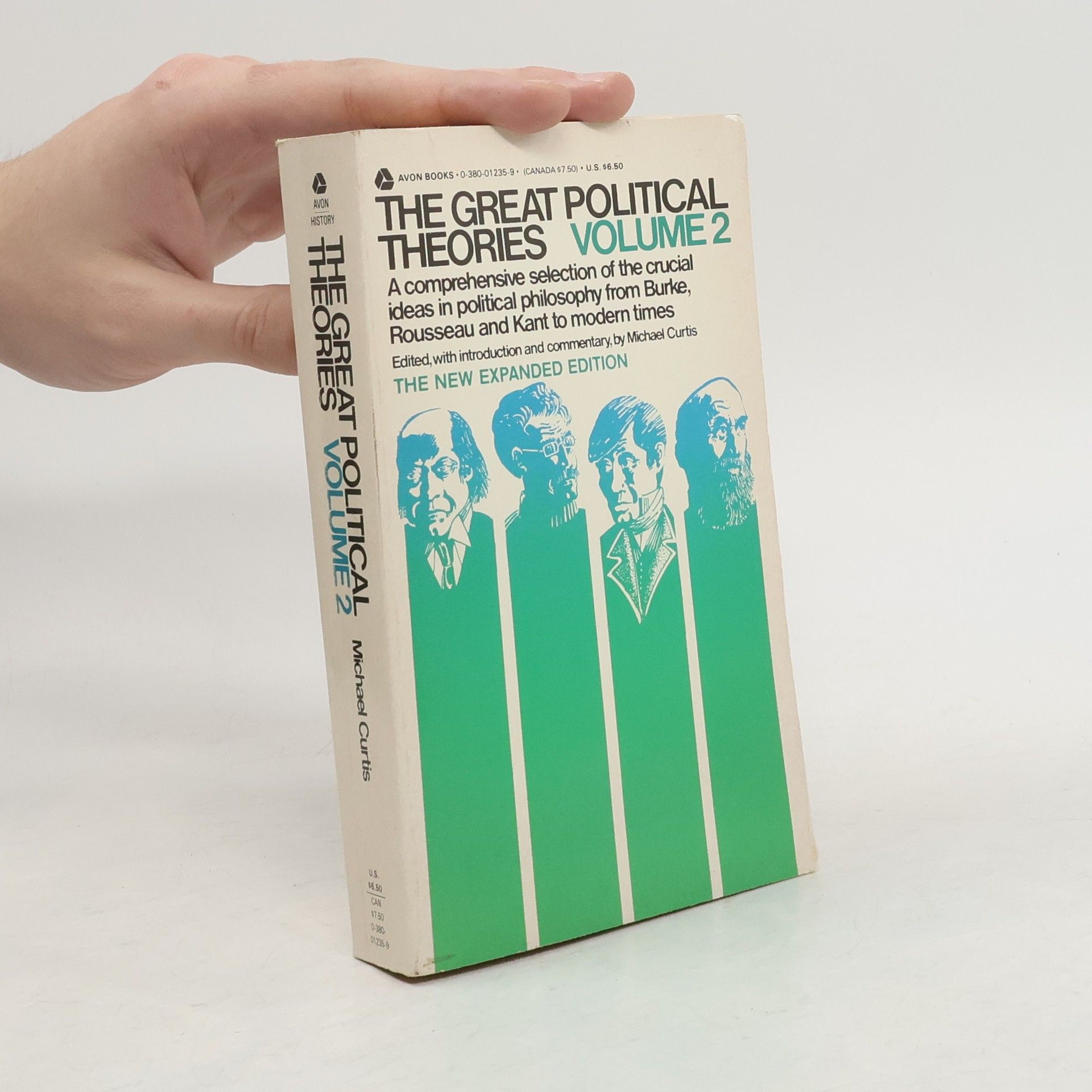

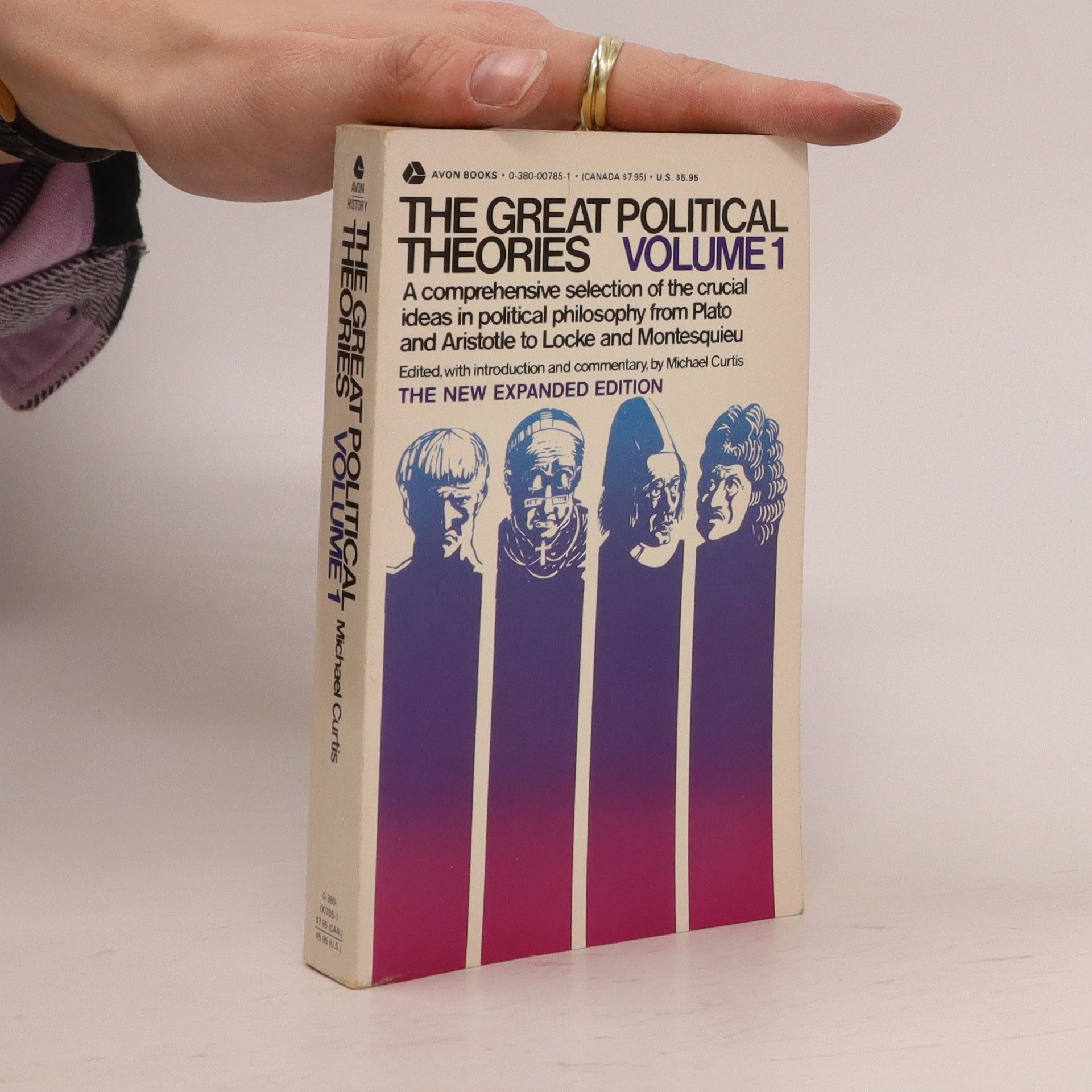
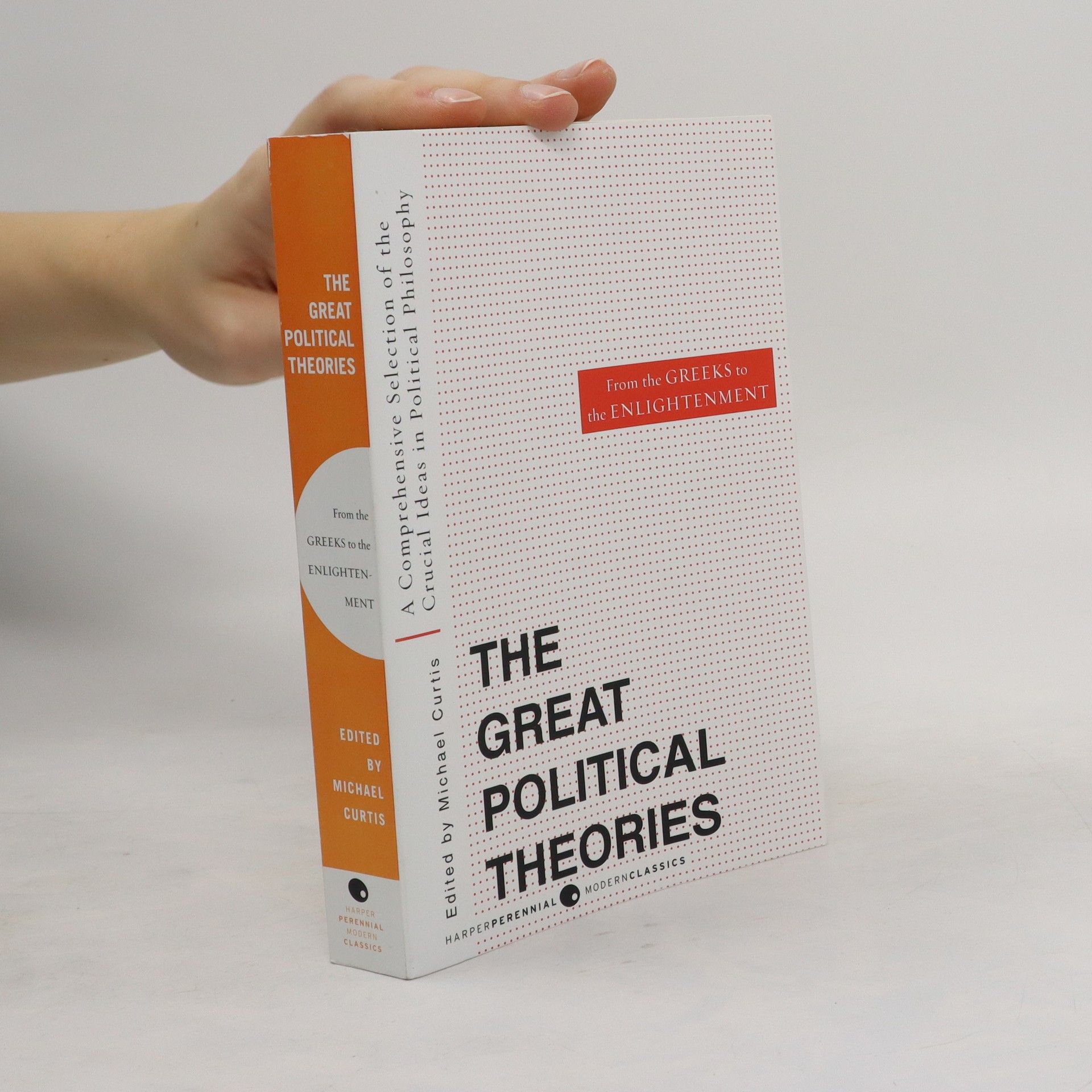
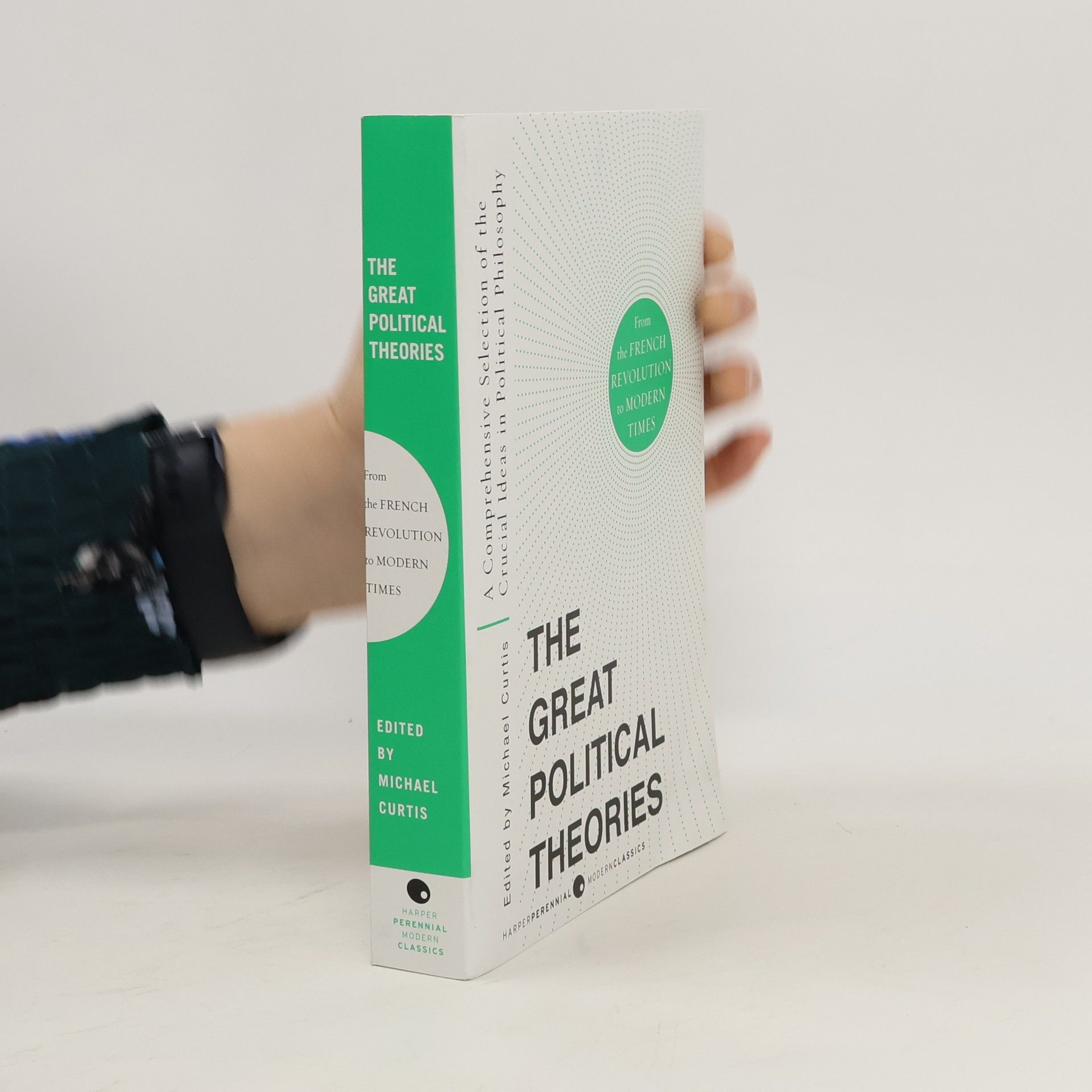
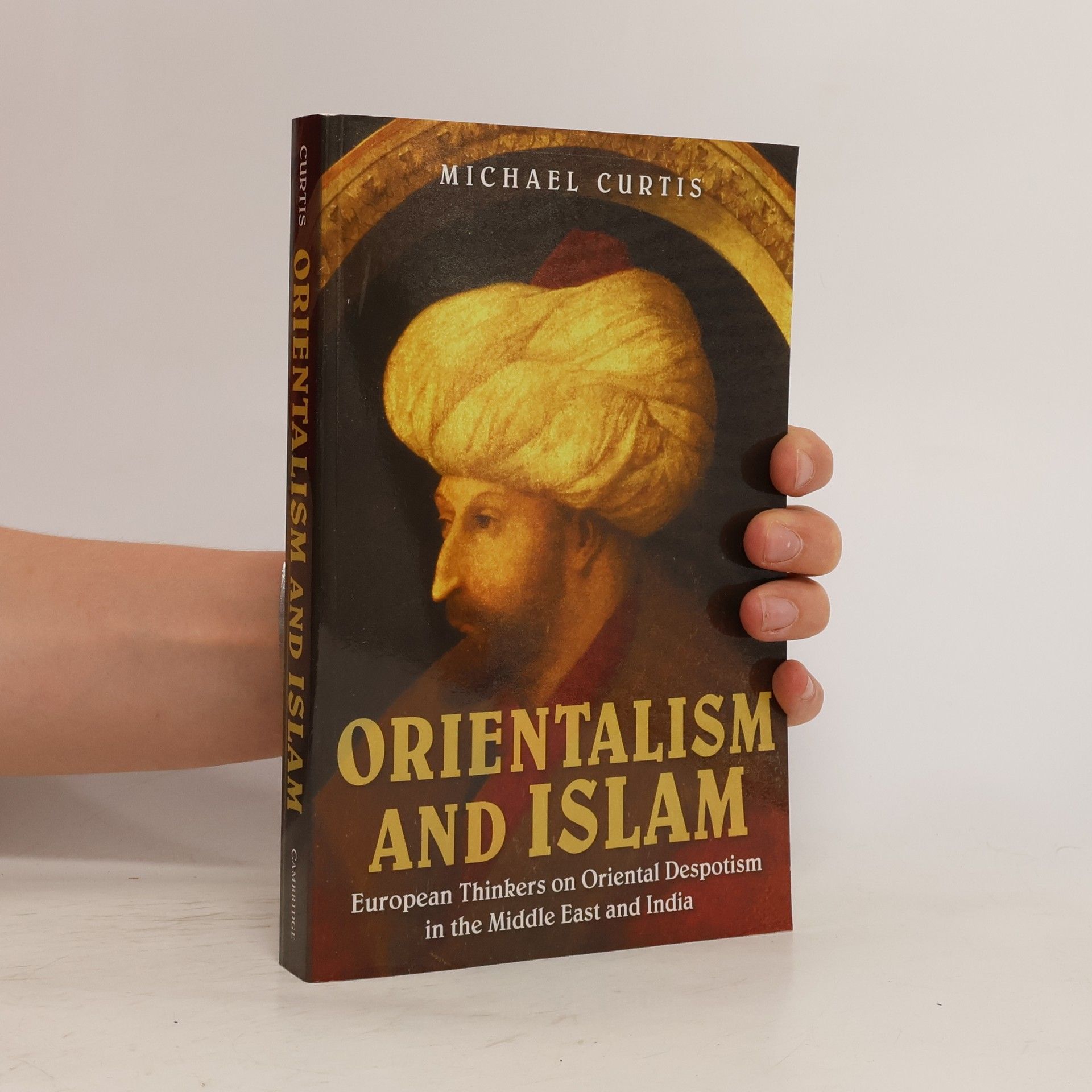
This carefully selected compilation of the significant writings of the great political philosophers, scientists, and thinkers has long been an invaluable guide to the general reader as well as to the serious student of history, political science, and government. Such essential forces as revolution, idealism, and nationalism are examined in detail and expounded by their leading exponents. Professor Curtis has written running commentary that places the extracts and their authors in the sequence of modern history. Amon the authors in this volume: Rosseau, Kant, Burke, Paine, Hegel, Smith, Bentham, Mill, Marx, De Tocqueville, Hitler, Nietzsche, Bakunin, Lenin, Trotsky, Gramsci, Weber, Schumpeter, and Rawls
The Great Political Theories Vol 1
- 957 pages
- 34 hours of reading
As an introduction to political theory and science, this collection of writings by the great philosophers will be of close interest to general readers. It also serves as a basic textbook for students of government and political theory. Such fundamental concepts as Democracy, the Rule of Law, Justice, Natural Rights, Sovereignty, Citizenship, Power, the State, Revolution, Liberty, Reason, Materialism, Toleration, and the Separation of Church and State are traced from their origins, through their development and changing patterns, to show how they guide political thinking and institutions today.
The Great Political Theories
- 464 pages
- 17 hours of reading
Volume 1 of the classic anthology of political a comprehensive selection of the crucial ideas in political philosophy from Plato and Aristotle to Locke and Montesquieu As an introduction to political theory and science, this standout collection of writings by the great philosophers is a must for readers of philosophy. It also forms a basic textbook for students of government and political theory. Such fundamental concepts as Democracy, the Rule of Law, Justice, Natural Rights, Sovereignty, Citizenship, Power, the State, Revolution, Liberty, Reason, Materialism, Toleration, and the Place of Religion in Society are traced from their origins, through their development and changing patterns, to show how they guide political thinking and institutions today. Among the authors in this Sophocles, Plato, Artistotle, Seneca, Marcus Aurelius, Cicero, St. Augustine, Aquinas, Machiavelli, Martin Luther, Calvin, Hobbes, Spinoza, Locke, and Montesquieu.
Verdict on Vichy : power and prejudice in the Vichy France regime
- 416 pages
- 15 hours of reading
Michael Curtis uses up-to-date research to examine the degree to which ministers and officials of the Vichy regime, the legal and administrative system, the Church, and individuals in different walks of life collaborated with Nazi Germany which occupied part of and then all of France between 1940 and 1944.Curtis reviews the careers, indictments and trials of the regime's prominent figures for crimes against humanity committed during the war, and scrutinises the ambivalent role of Francois Mitterrand as a Vichy official. This book also analyses the new official reports of the complex aryanisation process as well as the requisitioning of Jewish goods and property.
The Great Political Theories V.2
- 496 pages
- 18 hours of reading
The philosophy of politics This carefully selected compilation of the significant writings of the great political philosophers, scientists, and thinkers will be an invaluable guide to the general reader as well as to the serious student of history, political science, and government. Such essential forces as Revolution, Romanticism, Marxism, Anarchy, Utilitarianism, Theology, Idealism, and Nationalism are examined in detail and expounded by their leading exponents. Professor Curtis has written running commentary that places the extracts and their authors in the sequence of modern history. And newly added for this edition are studies of selected works by, John Stuart Mill, Alexander Herzen, Antonio Gramsci, Sebastian de Grazia, and John Rawls. Also new are a table of contents and an updated, comprehensive bibliography -- each clear and concise for easy reference. Together with the first volume, also available in a Discus edition, which covers political thought from Plato and Aristotle to Locke and Montesquieu, The Great Political Theories offers an unparalleled view of political thought in Western civilization.
La Francia ambigua 1940-1944
- 454 pages
- 16 hours of reading
Milano, Corbaccio, 2004, 16mo cartonato, pp. 454, alcune foto fuori testo.
Abschied
Briefe und Aufzeichnungen von Epikur bis in unsere Tage

